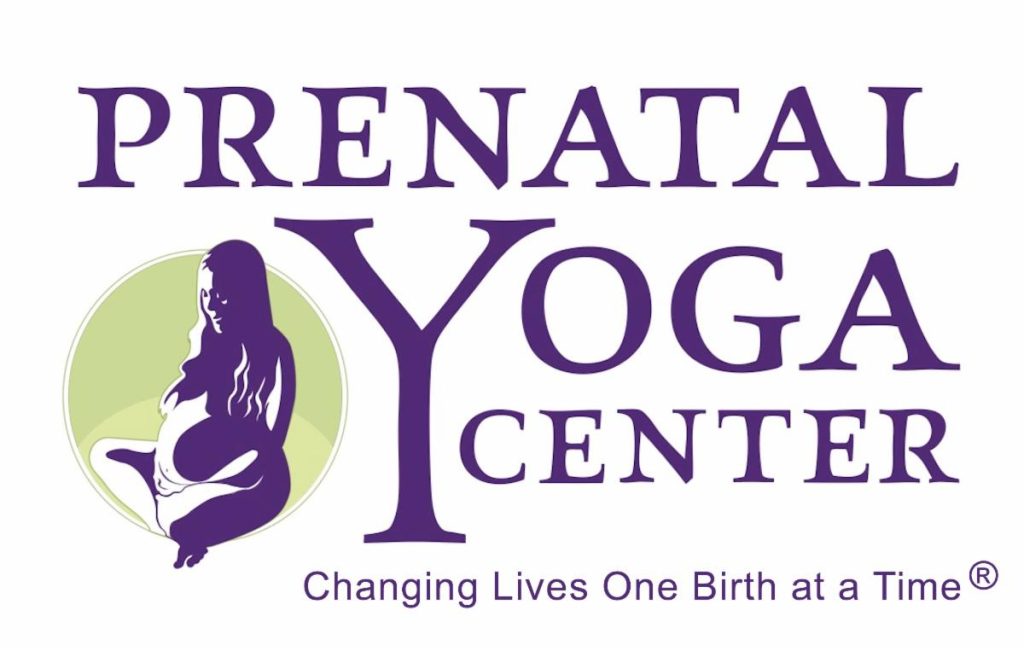Just the other day at the end of class several students were discussing their doctors’ recommendations for weight gain during pregnancy – a very hot topic among the pregnant mamas! Some women were saying that their doctors are very lenient while others have stricter guidelines, suggesting no more than 25 pounds. One woman commented that she remembers her mother telling stories about walking out of the hospital in her pre-pregnancy clothes, that “back in her day” the doctors didn’t want women gaining more than 20 pounds.
So what is a healthy guideline for weight gain during pregnancy? I went straight to a trusted source, a doctor with whom I have worked a number of times and greatly respect, Dr. Gae Rodke. Rodke says, “There seems to be an ideal range of weight gain in pregnancy–in normal weight women, 25-28 pounds gives a nice 7 pound baby and all the necessary accessories–breast tissue, amniotic fluid, placenta, extra blood volume, etc. Less than 20 lbs can be associated with poor fetal growth (and possible developmental delays); more than 40 lbs statistically increases the risk of Cesarean Delivery–not only are the babies bigger, but the fat upholstering the inside of the pelvis reduces the space available.”
For a lot of women, hearing that they will be gaining 25-30 pounds may be overwhelming, but consider the overall weight gain distribution to better understand where it all goes. Here is a sample breakdown provided by the Mayo Clinic:
* Baby: 7 to 8 pounds
* Larger breasts: 1 to 3 pounds
* Larger uterus: 2 pounds
* Placenta: 1 1/2 pounds
* Amniotic fluid: 2 pounds
* Increased blood volume: 3 to 4 pounds
* Increased fluid volume: 2 to 3 pounds
* Fat stores: 6 to 8 pounds
Healthy eating is definitely part of the equation for healthy weight gain. The idea of “eating for two” is more of a myth than a reality, since you are not trying to feed another grown adult. Nutritionist Stephanie Clarke MS, RD from C & J Nutrition says, “If you are normal weight pre-pregnancy you’ll need about 300 extra calories per day during the second and third trimester; if you are overweight you may need as little as 150-250 extra calories per day. Keep in mind that tracking your weight gain is the best way to determine whether or not you’re eating too much or too little. If you have concerns about your weight gain, make sure to talk to your obstetrician as soon as possible”.
Remember that it is important to be careful not to make those extra calories empty calories. The food you take in should be of high nutritious value that will benefit you and your baby. Rodke goes on to explain that it is important to remember that what you eat while pregnant can directly effect your baby: “I find that refined carbs (white flour, white sugar, white bread, cakes, cookies, candy, white rice, white potatoes and other high glycemic index foods) are prone to increase the size of the baby beyond what one would expect from the amount of weight gained. Changes in the mother’s hormonal pattern keep these rapidly absorbed sugar molecules in her bloodstream longer, and babies are very efficient in taking sugars and making big bodies (just like in gestational diabetes).”
Clarke offers some tips for quick and easy ways to make the most of your calories:
* Add canned beans, dried fruit, whole grains like quinoa, and nuts/seeds to salads
* Choose whole grains and whole grain products (cereals, crackers, bread, wraps, etc.)
* Make oatmeal with fat free milk, rather than water (to add more calcium and protein)
* Top cold cereal with fruit and nuts
* Add veggies (spinach, mushrooms, salsa, etc.) to scrambled eggs or egg sandwiches
* Make snacks = calcium + fiber (lowfat whipped cottage cheese with strawberries, low
fat plain yogurt with fruit and cereal, part skim string cheese with a piece of fruit or 100% juice)
* Use avocado on sandwiches instead of mayo
* Stir frozen veggies into canned/boxed soups
It is crucial to stress that pregnancy is not the time to try to lose weight or greatly restrict yourself. It can and should be a time of bringing greater consciousness to your eating habits and food choices. After all, that all old saying “you are what you eat” means that much more to your little bun in the oven!






